Sacred Infusions Apothecary
Elderberry Syrup
Elderberry Syrup
Couldn't load pickup availability
Share
- gluten free
- immune support
- anti-inflammatory
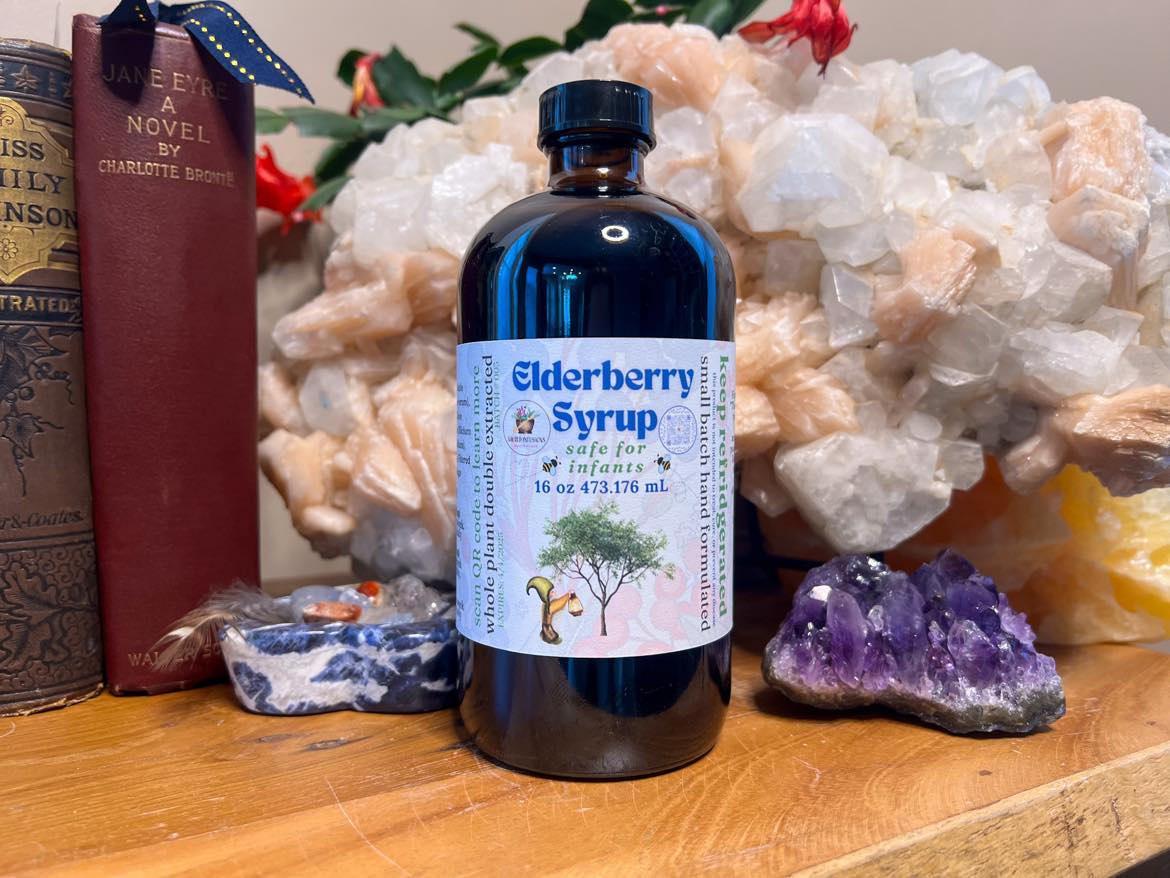
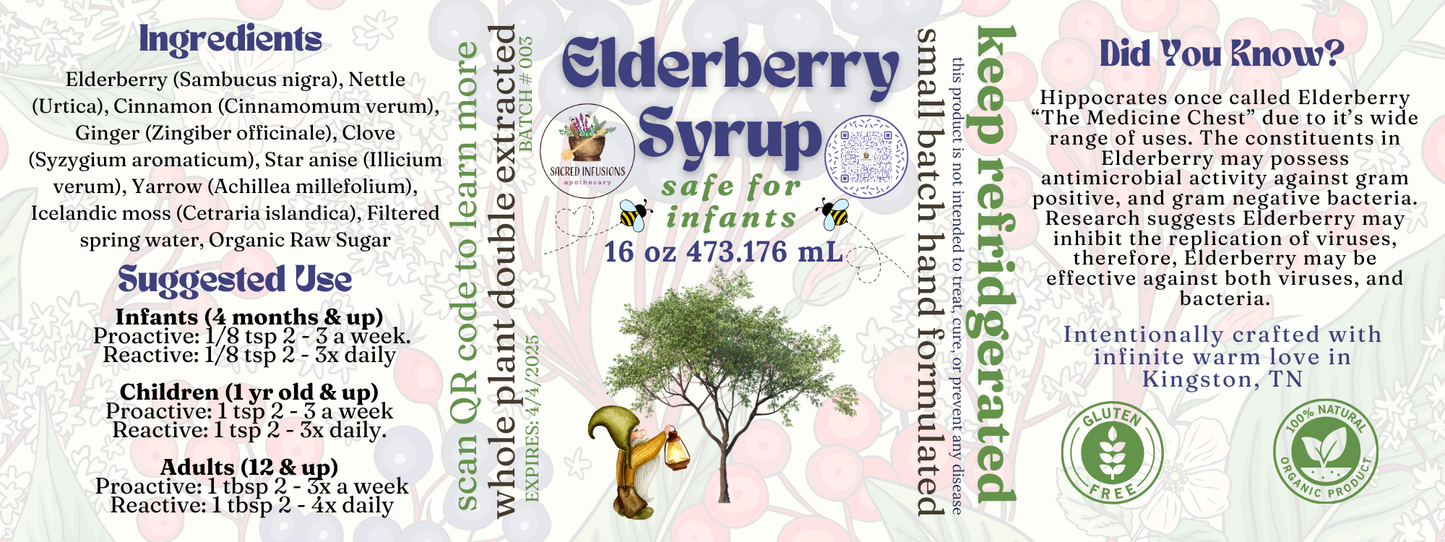
WHERE TO FIND LOCALLY?
Small batch. Hand-crafted. Organic. Non-Gmo. Non-irradiated.
Our infant safe elderberry syrup can be found exclusively at The Bushel & A Peck in Rockwood, TN
Elderberry Syrup
-
Ingredients
Elderberry (Sambucus nigra), Nettle (Urtica), Cinnamon (Cinnamomum verum), Ginger (Zingiber officinale), Clove (Syzygium aromaticum), Star anise (Illicium verum), Yarrow (Achillea millefolium), Icelandic moss (Cetraria islandica), Filtered spring water, Organic Raw Brown Sugar
-
Suggested Use
Infants (4 months & up)
Proactive: 1/8 tsp 2 - 3 a week. Reactive: 1/8 tsp 2 - 3x daily
Children (1 yr old & up)
Proactive: 1 tsp 2 - 3 a week
Reactive: 1 tsp 2 - 3x daily.
Adults (12 & up)
Proactive: 1 tbsp 2 - 3x a week
Reactive: 1 tbsp 2 - 4x daily
-
Contraindications
*Overactive Thyroid, *Graves disease.
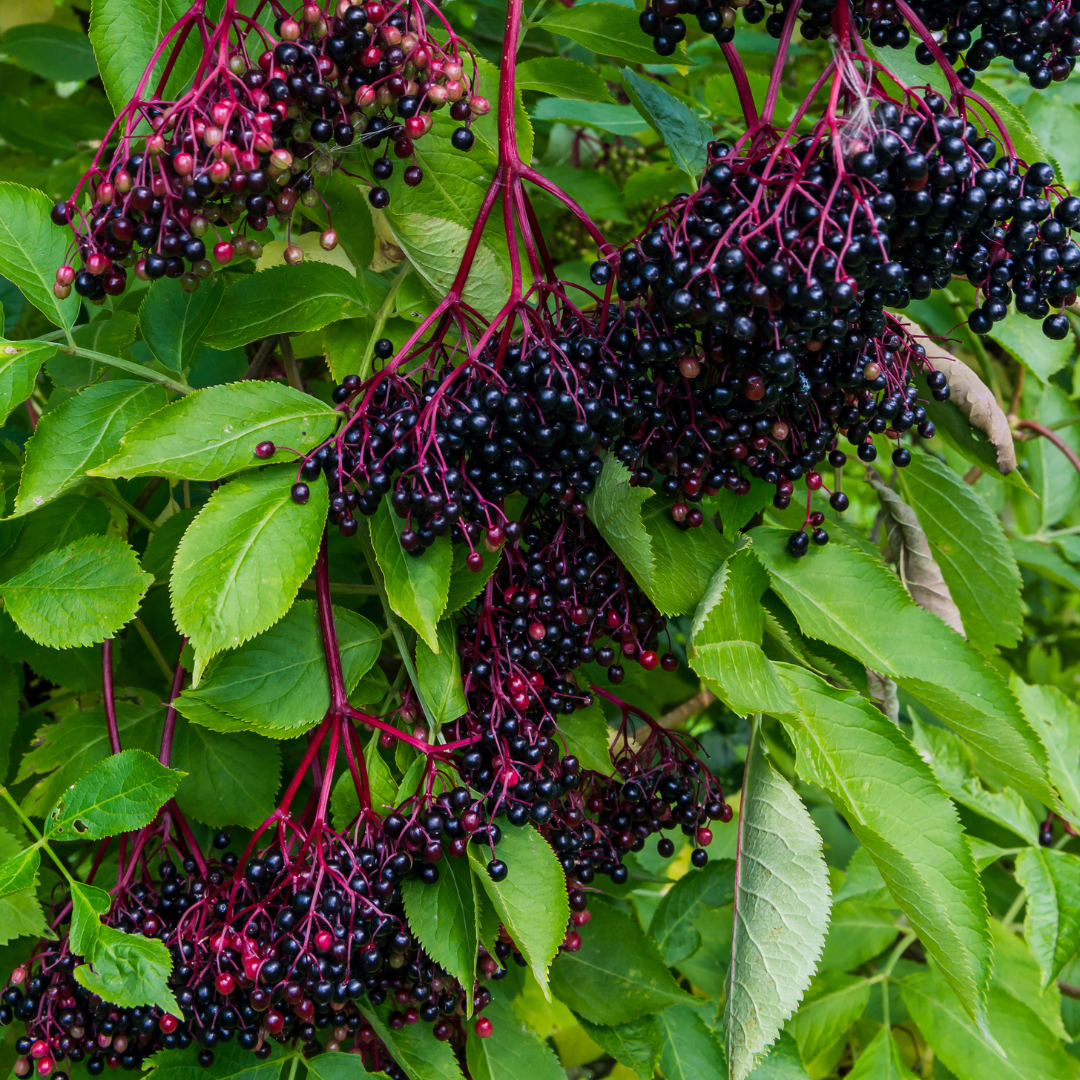
Elderberry Sambucus Nigra
Seeds of elderberry were found, suggesting cultivation of Elderberry was taking place 9,000 years BCE. With historical records indicating its been used medicinally since 2,000 years BCE.
Hippocrates referred to the elder plant as his “medicine chest” in 400 BC for it's vast array of uses.
Due to its abundance in micro and macro nutrients, antioxidants, and flavonoids, research indicates elderberry may support those experiencing cold & flu like symptoms. It is rich in vitamins C & B-complex. The berries contain more phosphorous and potassium than any other temperate fruit crop.
In one clinical trial, elderberry on cold duration and cold associated symptoms was detected. Travellers using elderberry from 10 days before travel until 4–5 days after arriving overseas on average experienced a 2-day shorter duration of the cold and also noticed a reduction in cold symptoms.
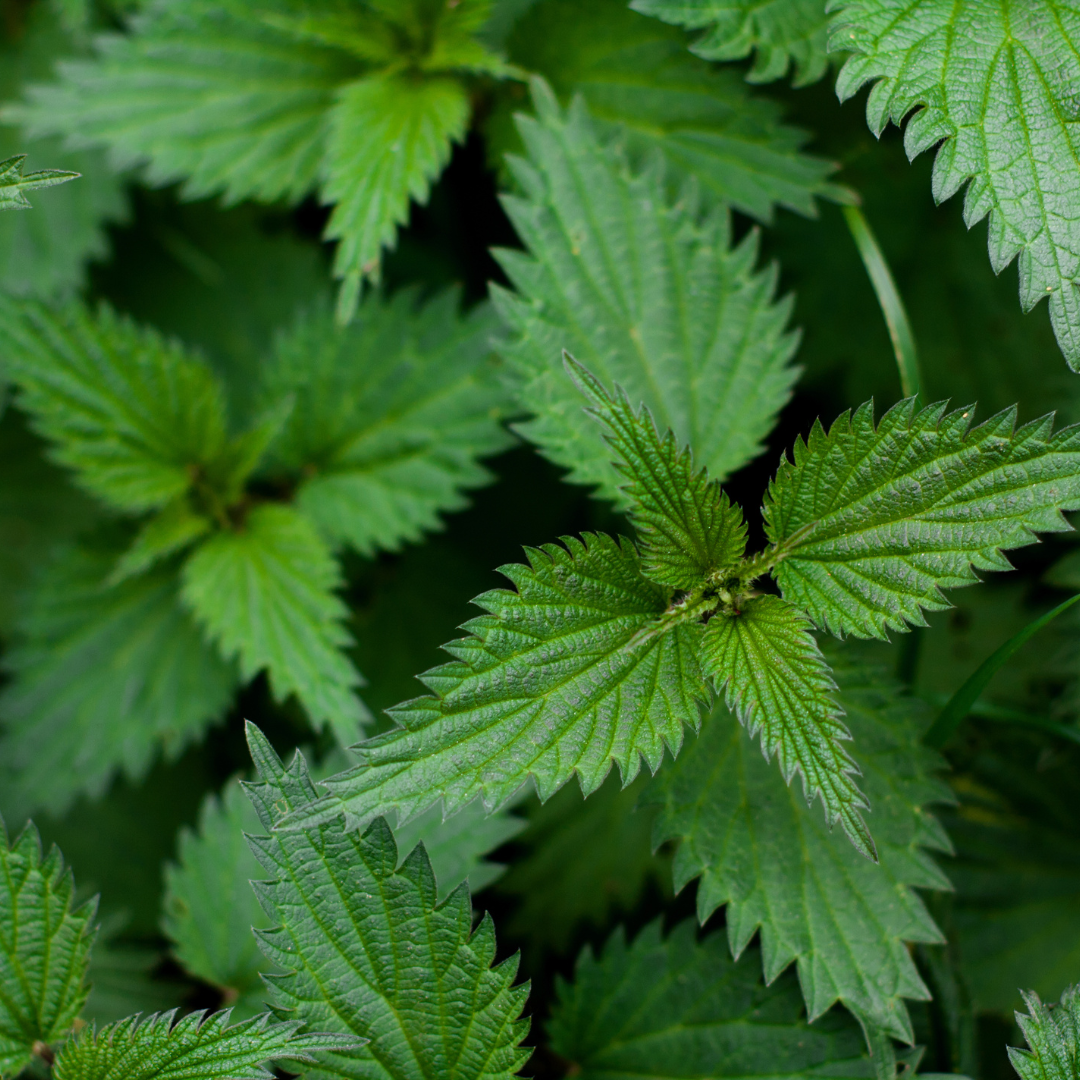
Nettle (Urtica)
stinging nettle
Nettle is a powerhouse herb packed with vitamins and minerals such as A, B, C, K, calcium, magnesium, iron, and antioxidants.
Research indicates that nettle may stimulate T-cells, which help the body fight infection and other diseases.
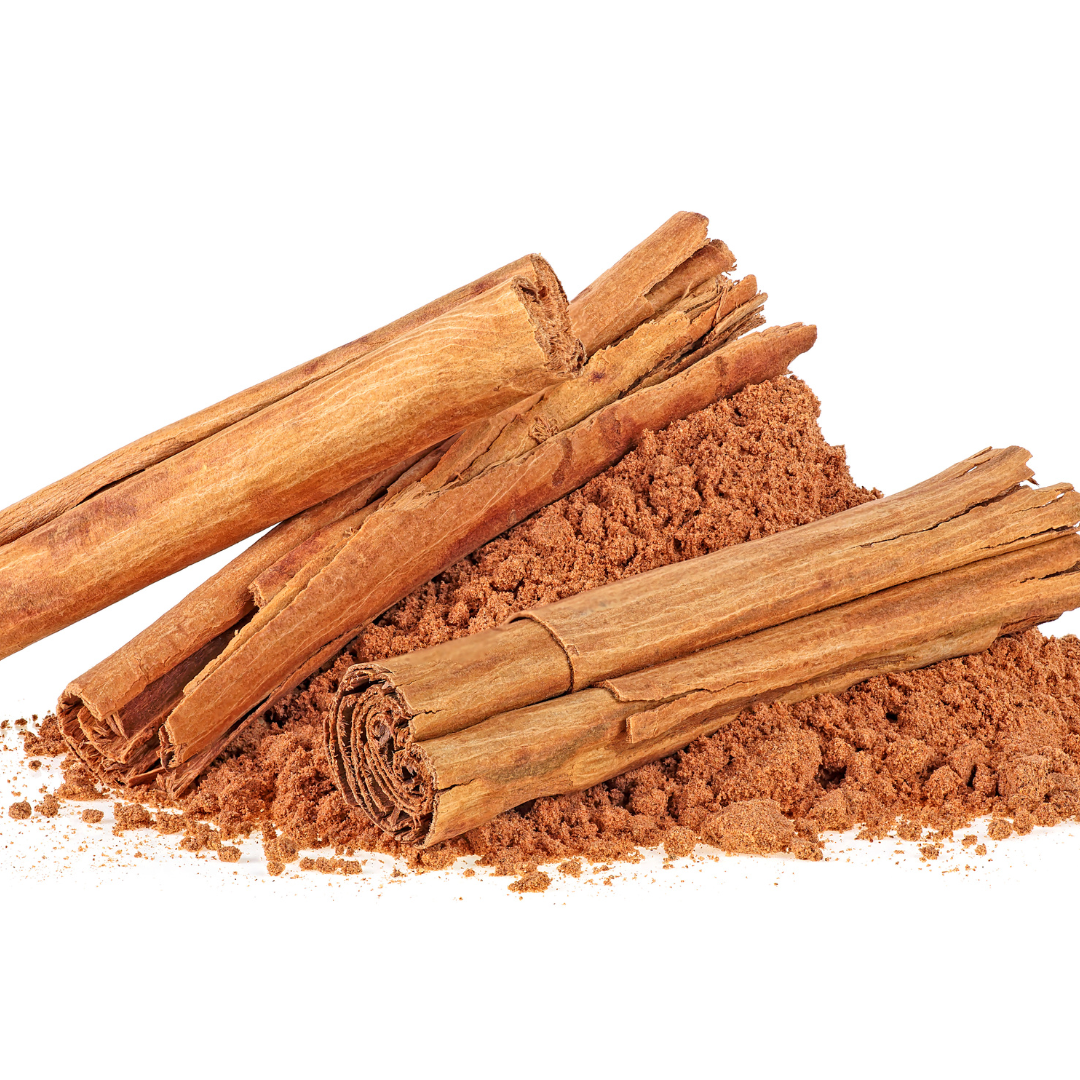
Cinnamon (Cinnamomum verum)
true cinnamon
Ceylon cinnamon is considered "true cinnamon". Once more valuable than gold, cinnamon was highly prized for its medicinal actions that the ancient cultures used them for.
Ancient Egyptians used cinnamon as part of their embalming rituals. Physicians from the middle ages used cinnamon to help treat cold and throat ailments such as coughing, hoarseness and sore throats.
Today modern herbalists use cinnamon for a vast array of medicinal purposes. Loaded with antioxidants that fight free radicals that cause damage to our DNA. Antioxidants are shown to boost the immune system, which may help when exposed to illness, or speed up duration of illness.
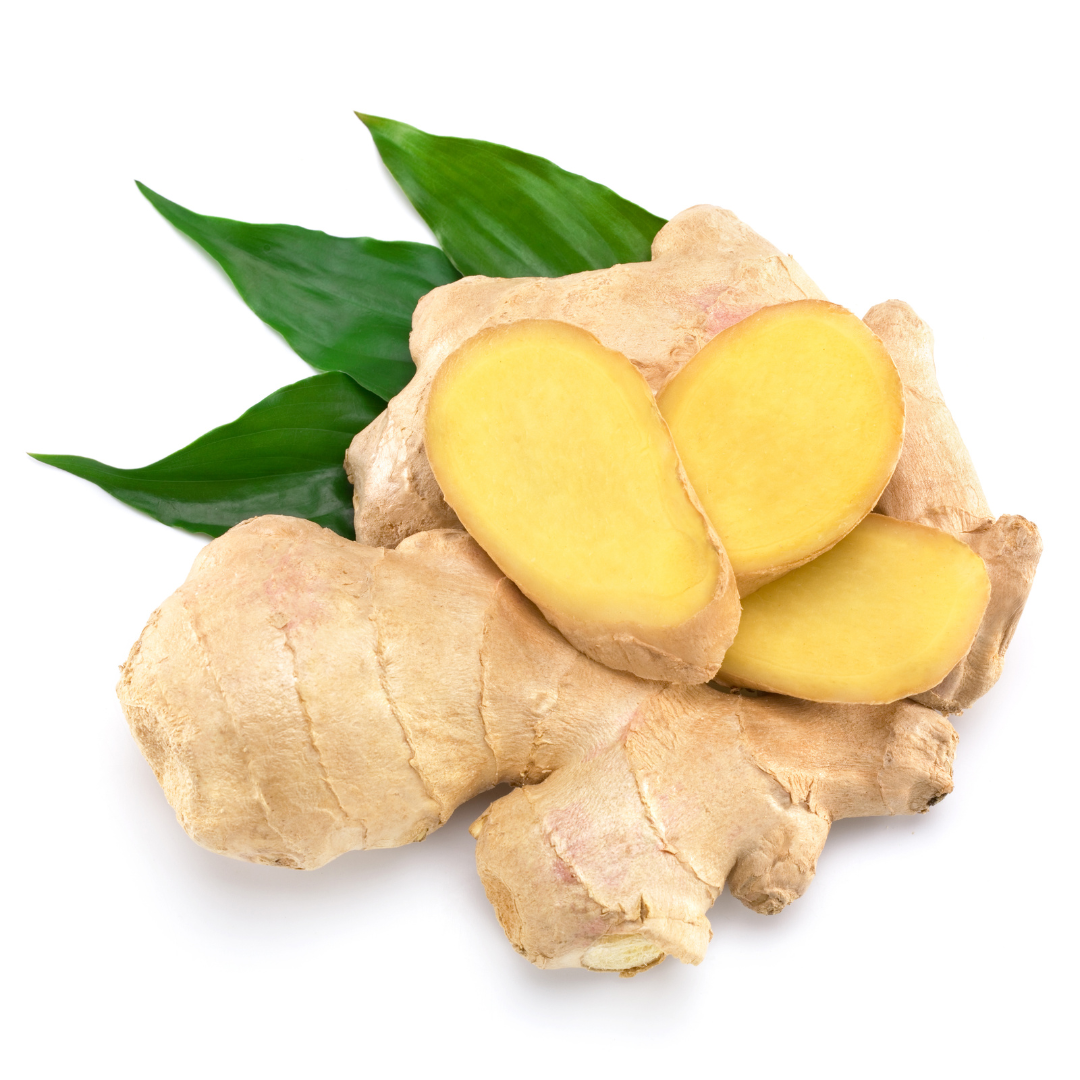
Ginger (Zingiber officinale)
gingerol
For over 5,000-- years ginger has been used for its medicinal properties.
Ginger is abundant in vital vitamins and minerals, including iron, magnesium, vitamins B6, C, and zinc. These vitamins and minerals along with ginger's antioxidant properties may help to strengthen your immune system.
The active constituent in ginger called, Gingerol, soothes common cold symptoms, like muscle fatigue, sore throat, and nasal congestion.
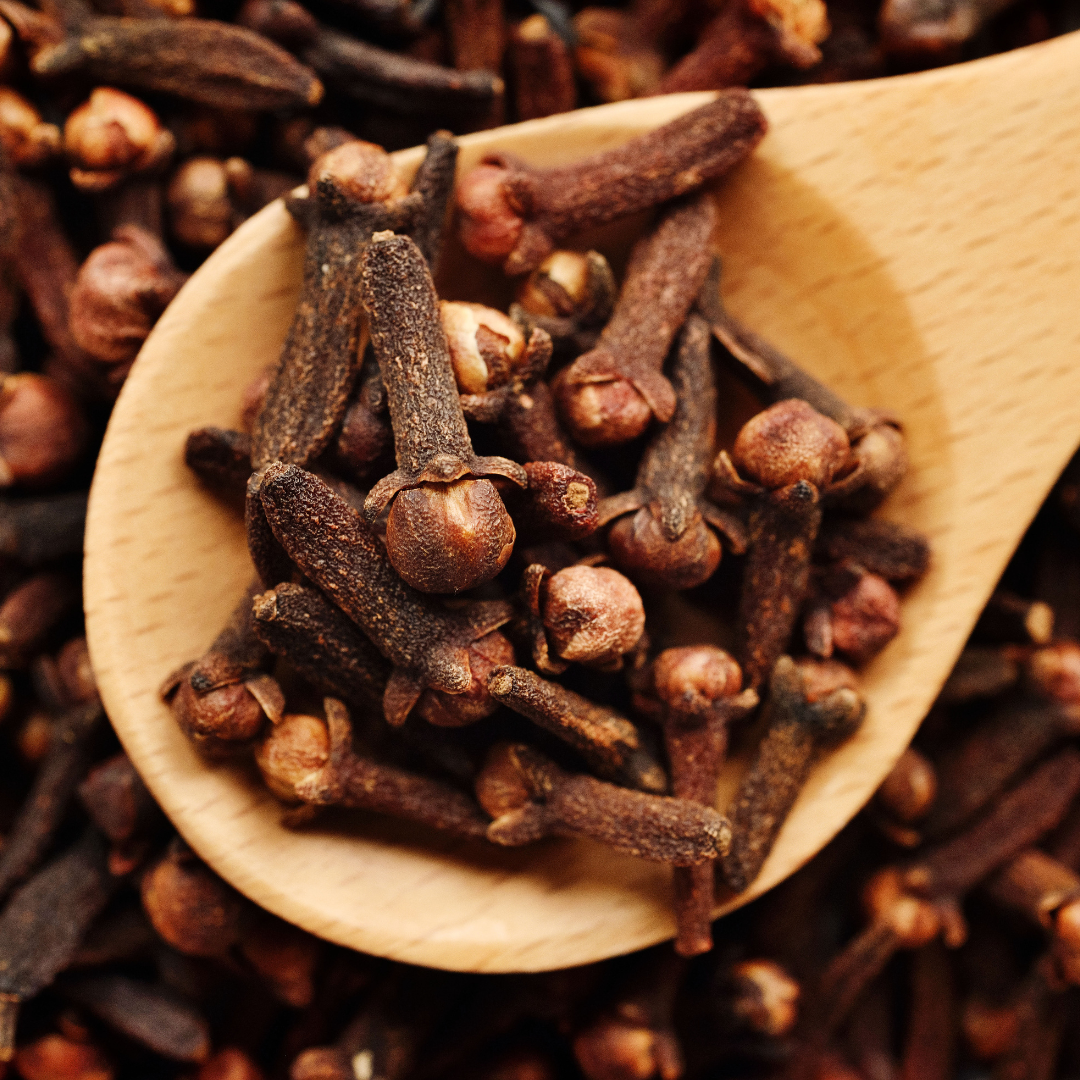
Clove (Syzygium aromaticum)
warming
A popular remedy 200 BCE. Clove contains the active ingredient eugenol, which is a natural anesthetic. It helps numb and reduce pain. Eugenol also has natural anti-inflammatory properties. Eugenol is also a potent antioxidant, which fights free radicals that damage DNA.
Research on cloves its constituents and the mechanism of action, is still in its early stages, and more studies are needed to see how findings apply to people.
However, one study on mice found that clove essential oil can increase the white blood cell count, thus suggesting that clove intake may boost your immune system
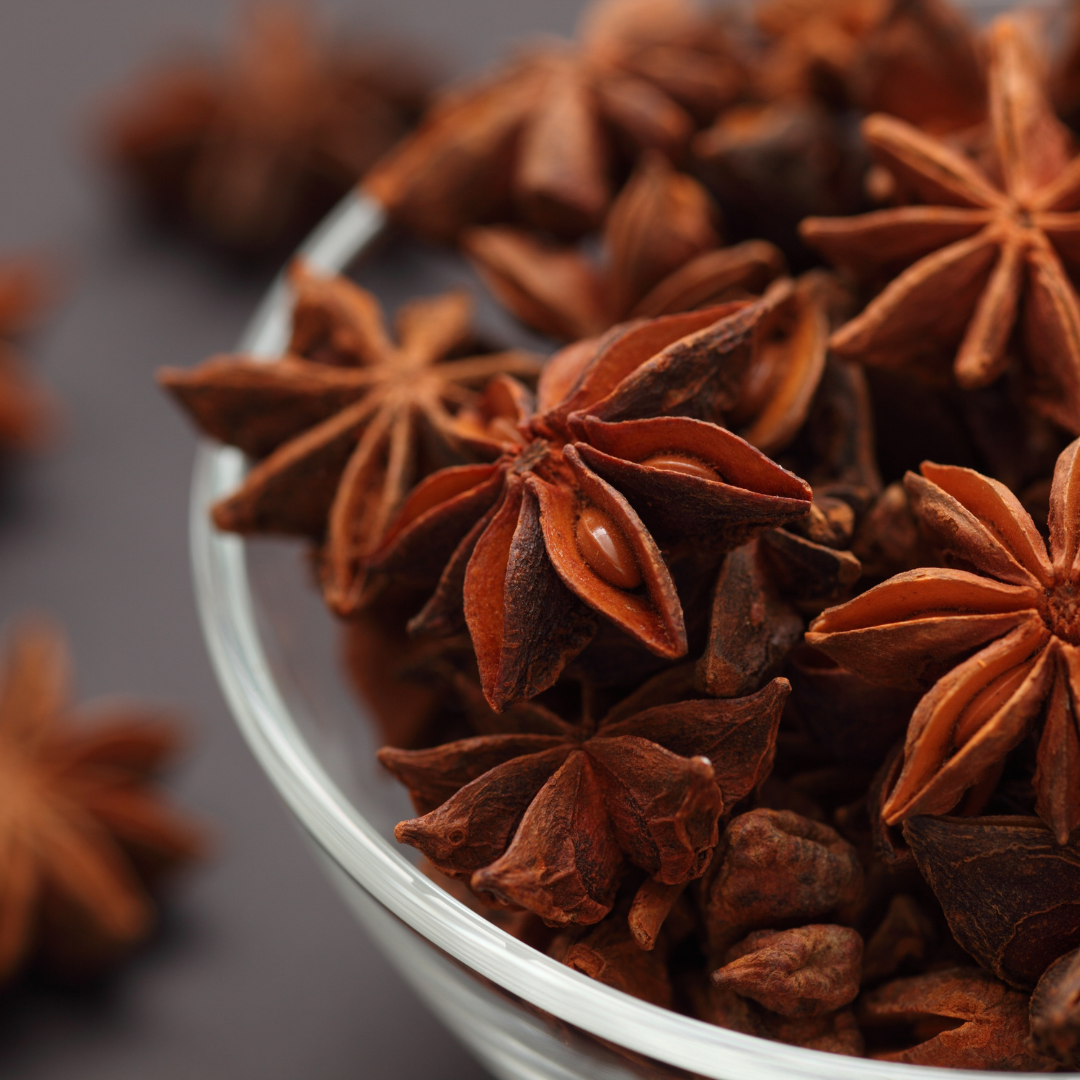
Star anise (Illicium verum
the protection star
Star anise has been used in cooking and in medicine for roughly 3,000 years.
Ancient cultures used the points of the star to ward off evil spirits, and bad omens. Today, modern herbalists use star anise to flavor tea or tincture formulas, and for its vast array of medicinal properties.
Star anise contains shikimic acid, several in vitro and in vivo studies indicate that shikimic acid and its derivatives exhibit diverse bioactivities, such as antioxidant, antiviral, anti-inflammatory, antibacterial, hypolipidemic, bone protective, skin protective, neuroprotective, and antidiabetic activities.
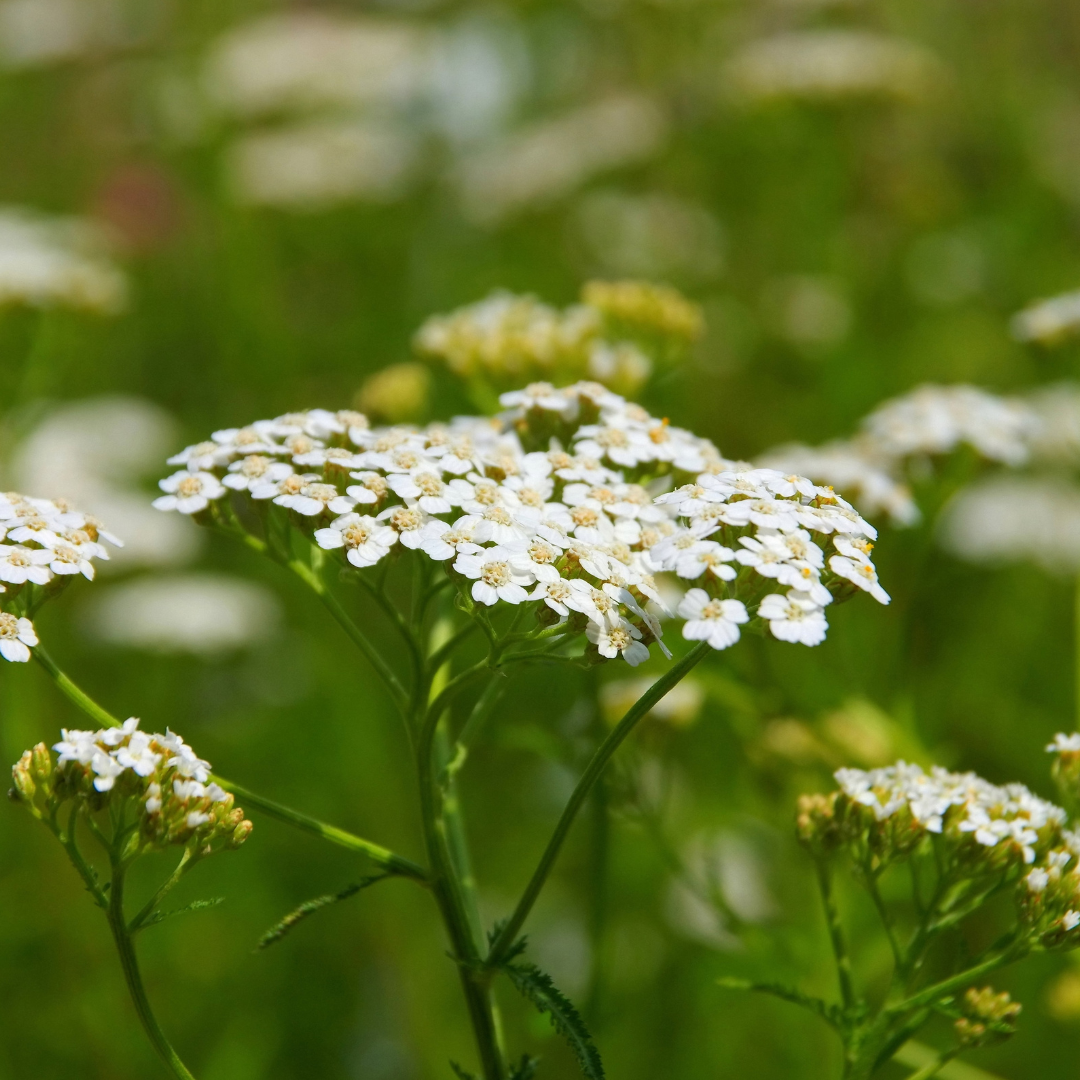
Yarrow (Achillea millefolium)
Since ancient times yarrow has been used to heal wounds and stop bleeding. Used in poltices for burns, and applied directly on the tooth when dealing with tooth pain.
Yarrow is a diuretic and diaphoretic, meaning it promotes sweating, and stimulates urination production, thus, supporting detox pathways.
In vitro Research indicates yarrow may be antiviral, and therefore, benefical when dealing with viral infections. Yarrow was shown to exhibit the disintegration of a specific virus membrane.
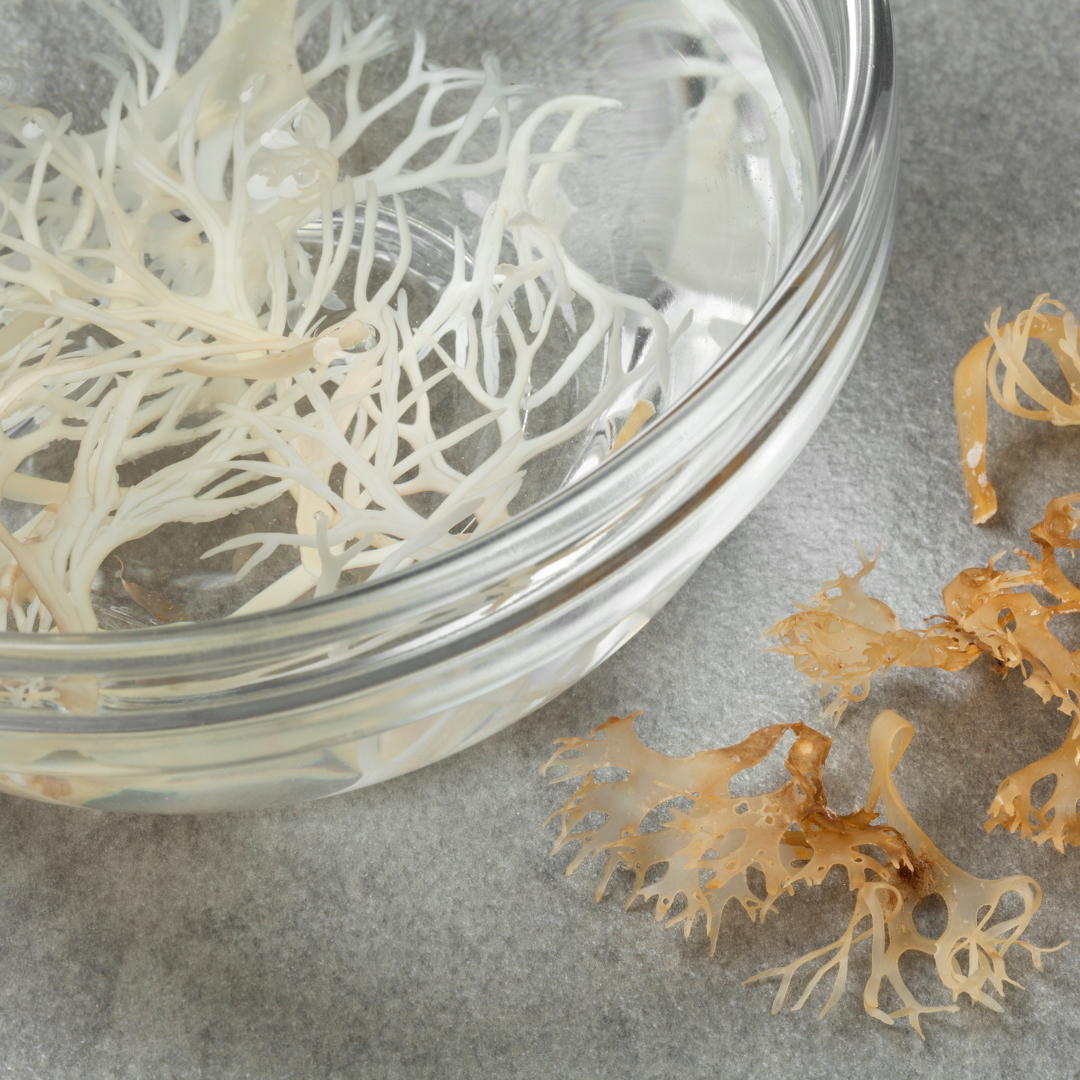
Icelandic moss (Cetraria islandica)
Used since the time of Iceland's settlement in 874. Considered a "super food" of the North.
Our human body is composed of 102 minerals and nutrients. Sea Moss contains 92 of these minerals including; magnesium, potassium, iodine, sulfur, calcium, selenium, fiber, copper, phosphorus, zinc, riboflavin and manganese. These minerals supply energy to the body, regulate digestion and detoxify the body.
Research shows regular digestion and detoxification are vital to maintain a resilient immune system.
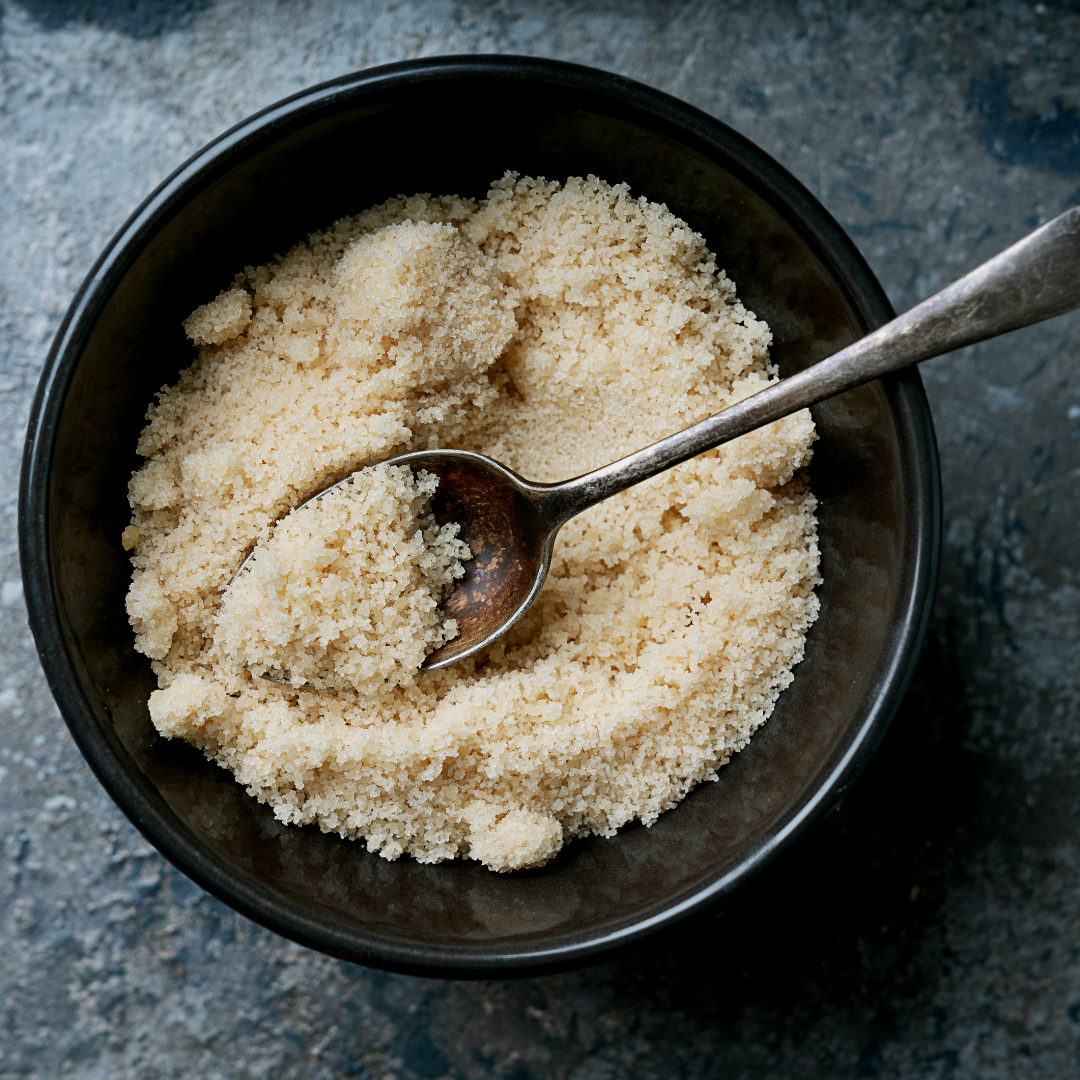
organic raw sugar
Our herbalist formulated our Infant Safe Elderberry Syrup with organic, raw, sugar!
Secrets From The Garden
View all-
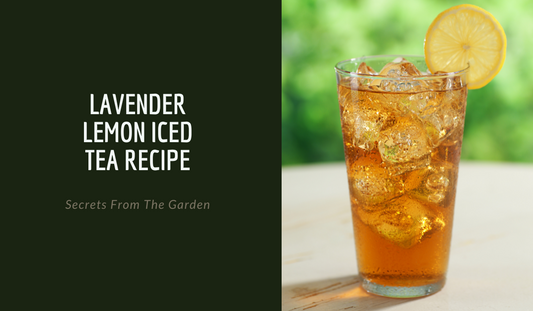
Lavender Lemon Iced Tea
Spring has sprung! Here in East Tennessee, Spring has officially arrived. We know Spring has arrived when the cars are covered in pollen, and the garlic, onions, dandelion,...
Lavender Lemon Iced Tea
Spring has sprung! Here in East Tennessee, Spring has officially arrived. We know Spring has arrived when the cars are covered in pollen, and the garlic, onions, dandelion,...
-

Our Next Events
Where Will Sacred Infusions Apothecary Be Next? We are thrilled to announce the next events we will be attending. Stop by, say hello, and grab a sample of your favorite...
Our Next Events
Where Will Sacred Infusions Apothecary Be Next? We are thrilled to announce the next events we will be attending. Stop by, say hello, and grab a sample of your favorite...
-
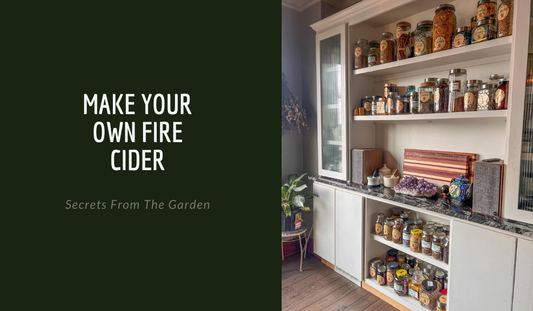
Fire Cider Recipe
Oxymel; a medicinal beverage. Did you know Fire Cider's base was inspired by Ancient Healers? Hippocrates prescribed an oxymel to his patients. An oxymel consists of apple...
Fire Cider Recipe
Oxymel; a medicinal beverage. Did you know Fire Cider's base was inspired by Ancient Healers? Hippocrates prescribed an oxymel to his patients. An oxymel consists of apple...





